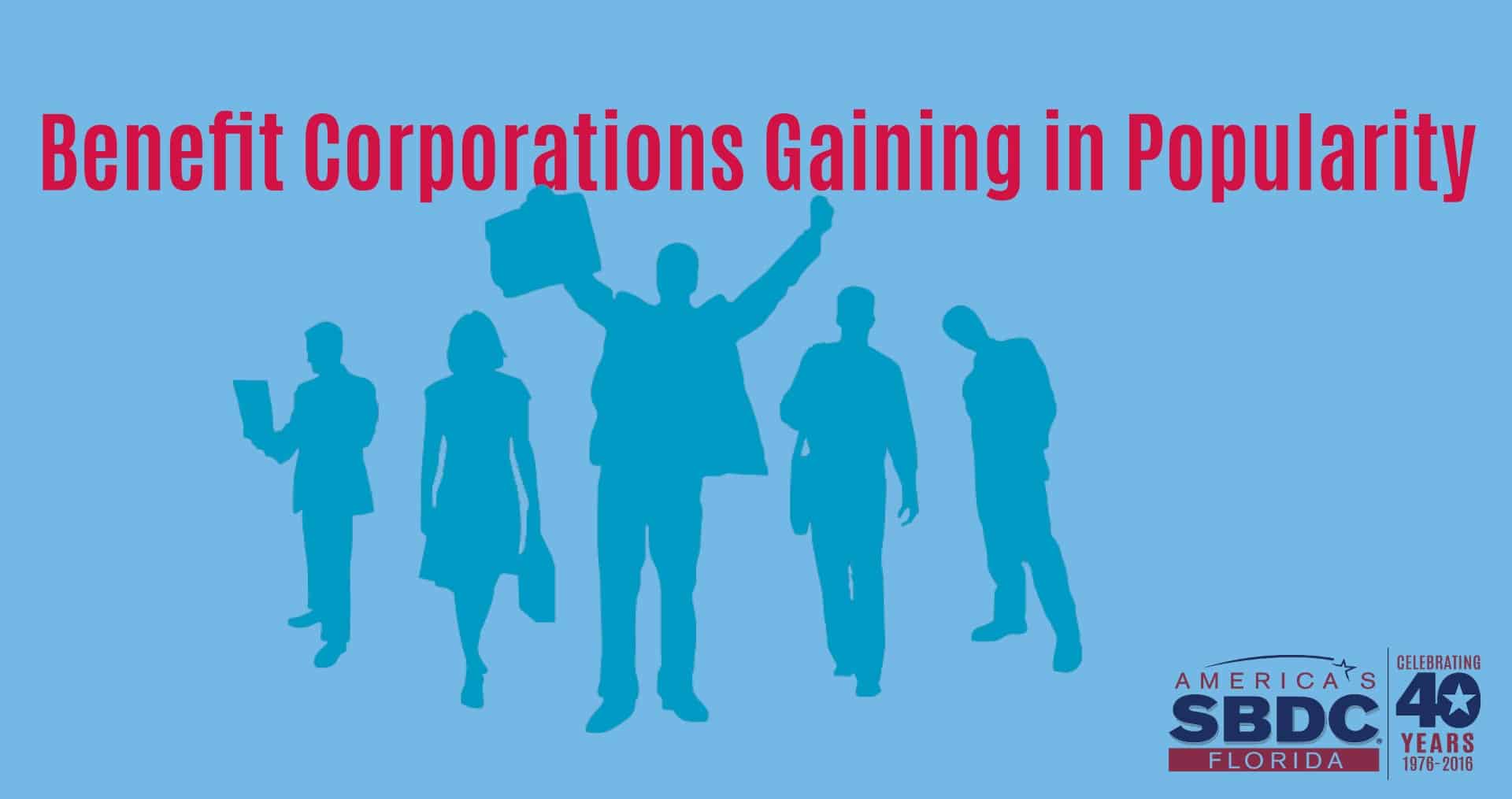Don’t Buy this Jacket?
Benefit corporations gaining in popularity
After 30 plus years, I can still recall my first experience with Ben & Jerry’s Ice Cream…the smell of the waffle cones baking, the fun names of the ice cream flavors – Cherry Garcia, Chunky Monkey and Dastardly Mash, and the sign that left a lasting impression on me…the one by the napkin dispenser that instructed patrons, “If you only need one napkin, please just take one napkin.” It was a simple effort to remind us to not be wasteful and to be environmentally aware. It was an uncommon message in the early 80s, but it was a start. The company was founded by two enthusiastic entrepreneurs who made great ice cream, but who also wanted to reduce their company’s carbon footprint on earth.
More recently, another company caught my attention with a simple message to their customers. This time it was Patagonia, my favorite retailer when I get ready to do some winter hiking in the White Mountains of New Hampshire. Patagonia had an unusual marketing campaign a few years ago when they hung tags off of their merchandise that stated, “Don’t buy this jacket” and in the smaller print…”there is much to be done and plenty for us all to do. Don’t buy what you don’t need. Think twice before you buy anything.” Wow – a retailer suggesting that their customers think twice about buying their merchandise!
This might seem like a contradictory message for anyone who has taken an Introductory Business course and learned that the primary goal of corporations is to make profits. Patagonia is one of the leaders in a new era of companies that have been legally designated as having the right to combat public and environmental concerns alongside their profit motive goals. They are called “Benefit Corporations”.
Benefit corporations are legal entities, currently recognized in 30 states and gaining quickly in popularity. Florida’s recognition of these special types of corporations became effective on July 1, 2014. Traditional corporate law states that management must pursue profits above everything else. Business leaders of benefit corporations can legally make their decisions based on the environmental and social impact of those decisions.
According to B Lab, an organization that provides certifications to Benefit Corporations, there are currently 1,863 certified Benefit Corporations in 50 countries spanning 130 industries. These are for-profit organizations, which are purpose driven to create benefits for all stakeholders, not just company owners. Management is responsible for running the business with a focus on financial performance, but are required to make those decisions taking in to account the impact on society and the environment.
According to a Deloitte Millennial Survey, while millennials continue to express a positive view of business’ role in society, they still want businesses to focus more on society and purpose – and less on profits. Younger workers have less loyalty to their employers than older generations. But millennials are more likely to be retained by companies that share similar values. The expense and time involved in recruiting employees keeps increasing and retaining a strong workforce is critical to a business’ success, so finding common ground is a win-win for everyone! Millennials will grow to 75 percent of the workforce by 2025 – 77 percent say “their company’s purpose is part of the reason they chose to work there”.
Benefit corporation designation provides a business owner the opportunity to communicate to the public that we exist to make money but also to make a difference in the world. This is more than creating the title of corporate social responsibility liaison in an organization, more than gathering a group of employees for an Earth Day event. This is expanding the responsibilities of board members, requiring them to consider the environment and society when making decisions. This is giving directors and managers the legal protection to pursue that mission statement created when an entrepreneur is fresh and enthusiastic about the difference their business will make in the community.
So what are Benefit Corporations?
- They are for-profit corporate entities.
- They came into existence in the U.S. in 2010, when Maryland became the first state to pass benefit corporation legislation.
- They exist to not only make profits but to create a positive impact on society and the environment.
- They are currently recognized as legal entities in 30 states and the District of Columbia.
- They are taxed the same as traditional corporations, but differ in purpose, accountability and transparency.
- They can achieve status as a certified B corporation through B Lab, a nationally recognized third-party validator.
King Arthur Flour, one of the national, well known benefit corporations credits much of their success on four equally important focuses: community, environment, employees and products. They have been honored with numerous recognitions and product and workplace awards and take pride in their continued efforts to reduce their environmental footprint and serve the communities where they live and work.





